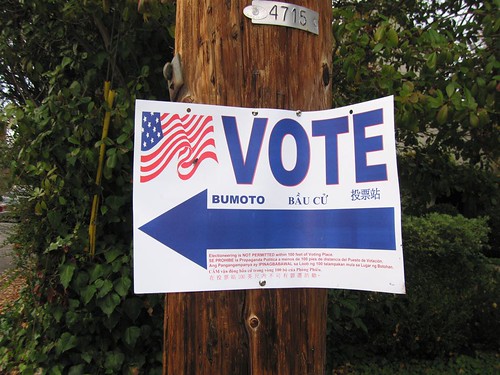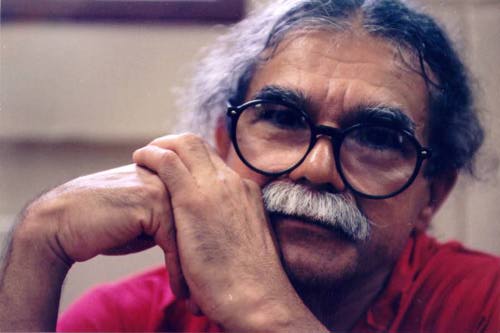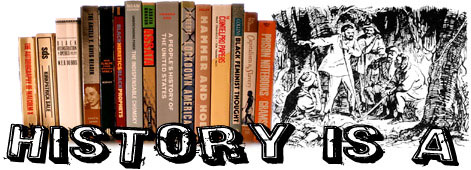This is an addition to my electronic resources list that deserves its special mention. I might be biased because I studied at UT, but UT Watch is a great resource in many ways. Its archive of “student publications, theses, dissertations, and research guides” is full of interesting resources and memories of a history of student public engagement at many levels. Engagement in the sense of activism, of establishing connections, of thinking, speaking acting and responding. The writing is serious and engaged.
The archive has a rather complete PDF collection of many student documents and publications, including Polemicist (1989-1992), The Other Texan (1992-1993), Tejas (1989-1996), (sub)TEX (1994-1995), The Working Stiff Journal (1998-2000), Issue (2003-5) and The Rag (1966-1977). Continue reading




